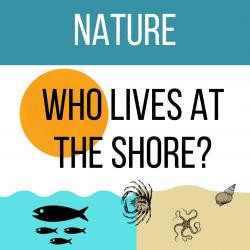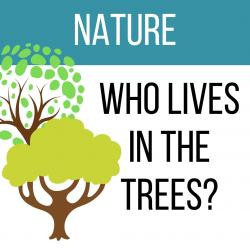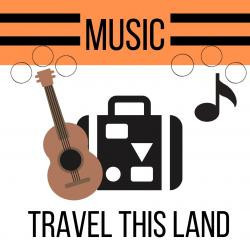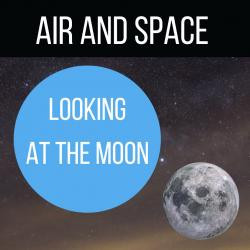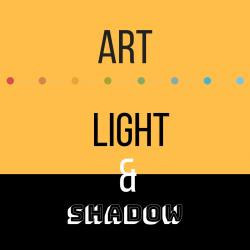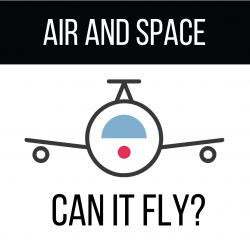Talk With Me Toolkit
Talk with Me Toolkits provide caregivers chances to talk with their children to improve thinking, vocabulary, and language development. Talking with your child is great—and research shows that the quality of words children hear matters more than how much you talk. The online Toolkits give caregivers ideas to begin conversations that are organized around a theme, and feature videos, photographs, paintings, and artwork along with questions to talk about with your child. Toolkits also include hands-on activities and books about the topic. Go through each Toolkit with your child and see how many things there are to talk about! Simple instructions appear in the Toolkits, so you can jump right in.
Use the implementation manual for the Talk with Me Toolkits to learn ways to use the Toolkits.
Watch a Cultivating Learning seminar with Penn State's Goodling Institute educators to learn more about using these Toolkits.
This project is developed by the Smithsonian Office of Educational Technology, Goodling Institute for Research in Family Literacy at Pennsylvania State University, and Family Place Libraries - an initiative of the Middle Country Library Foundation. These 12 Toolkits were adapted from the original collections developed by the Smithsonian Office of Educational Technology, with a grant awarded by the Institute for Museum and Library Services.
Talk With Me Toolkit's collections
Me and My World: My Neighborhood
 Talk With Me Toolkit
Talk With Me Toolkit
NATURE: Who Lives at the Shore?
 Talk With Me Toolkit
Talk With Me Toolkit
NATURE: Who Lives in the Trees?
 Talk With Me Toolkit
Talk With Me Toolkit
Nature: Who Lives in the Soil?
 Talk With Me Toolkit
Talk With Me Toolkit
Art: Colors, Shapes, Lines
 Talk With Me Toolkit
Talk With Me Toolkit
Music: Animal Tracks
 Talk With Me Toolkit
Talk With Me Toolkit


